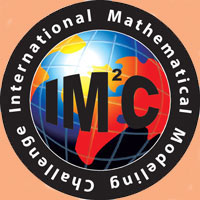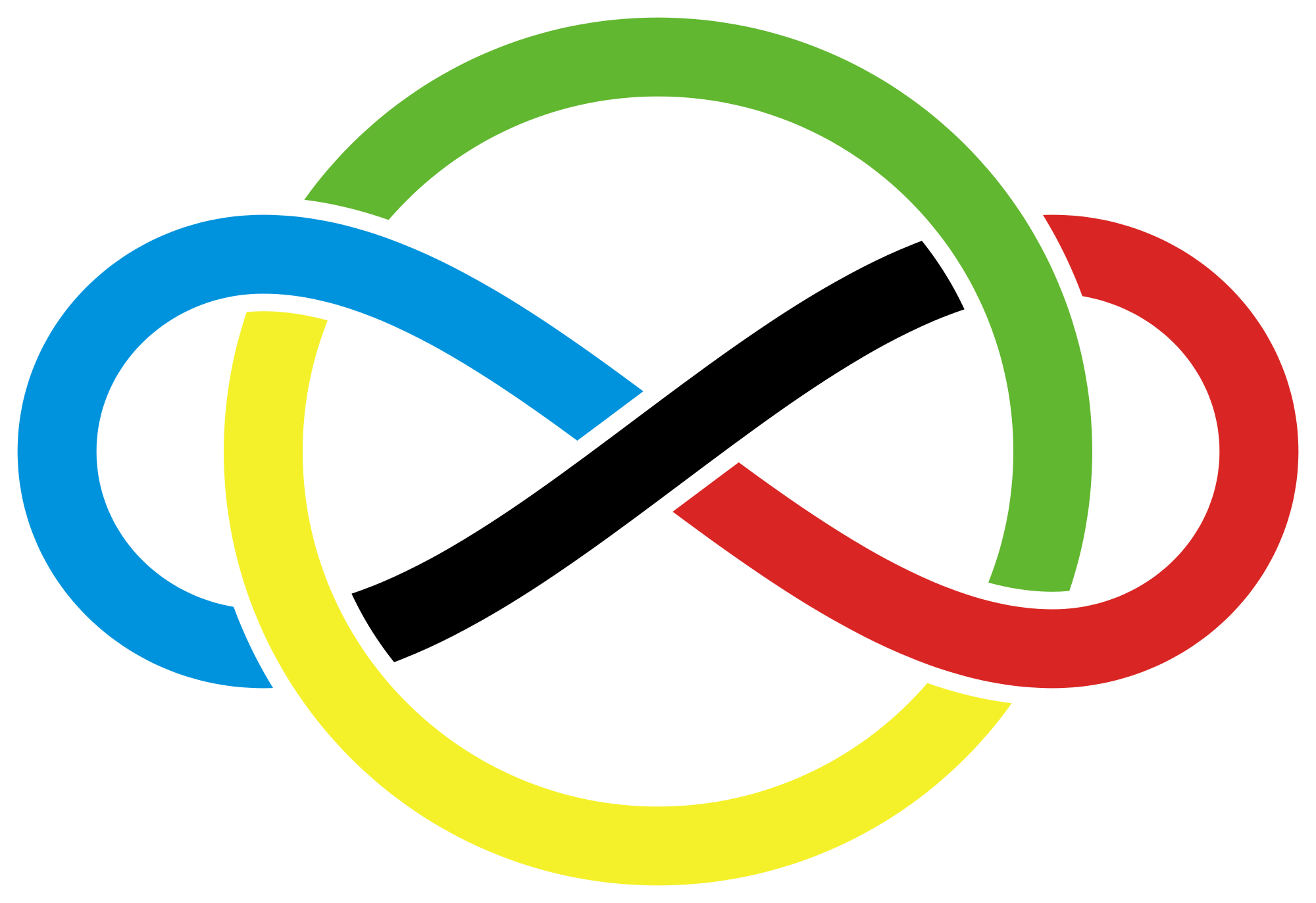International Mathematical Modelling Challenge

How to prepare for an international mathematical modeling challenge?
Preparing for an international mathematical modeling challenge requires a combination of mathematical knowledge, teamwork skills, and problem-solving abilities. Here are some steps that can help you to prepare for the challenge:
Step 1: Improve your mathematical skills
You need to have a solid understanding of mathematical concepts such as calculus, linear algebra, differential equations, and probability theory. These concepts are essential for developing mathematical models and analyzing them. You can practice your mathematical skills by solving mathematical problems from textbooks, attending mathematics classes, or taking online courses.
Step 2: Learn modeling techniques
To develop a good mathematical model, you need to understand different modeling techniques such as deterministic models, stochastic models, discrete models, and continuous models. You can learn modeling techniques by reading books on mathematical modeling or attending modeling workshops.
Step 3: Develop teamwork skills
In an international mathematical modeling challenge, you will be working in a team. Therefore, it is essential to develop teamwork skills such as communication, collaboration, and time management. You can practice teamwork skills by participating in group projects, joining a club or society, or volunteering.
Step 4: Solve practice problems
To prepare for the challenge, you should solve practice problems that are similar to those given in the competition. You can find practice problems online, in textbooks, or from previous competition papers.
Enhancing mathematical skills: The challenges provide an opportunity to apply mathematical concepts to solve practical problems, which helps to improve your mathematical skills.
Developing teamwork skills: The challenges require teamwork, which helps to develop communication, collaboration, and time management skills.
Boosting critical thinking: The challenges require critical thinking to develop and analyze mathematical models, which helps to improve your problem-solving abilities.
Improving career prospects: Participating in mathematical modeling challenges can improve your career prospects by demonstrating your mathematical skills and problem-solving abilities to potential employers.
International mathematical modeling challenge provides a platform for students, researchers, and professionals to apply their mathematical knowledge and skills to solve practical problems. Preparing for the challenge requires a combination of mathematical knowledge, teamwork skills, and problem-solving abilities. Participating in the challenges has several benefits, including enhancing mathematical skills, developing teamwork skills, boosting critical thinking, and improving career prospects.








